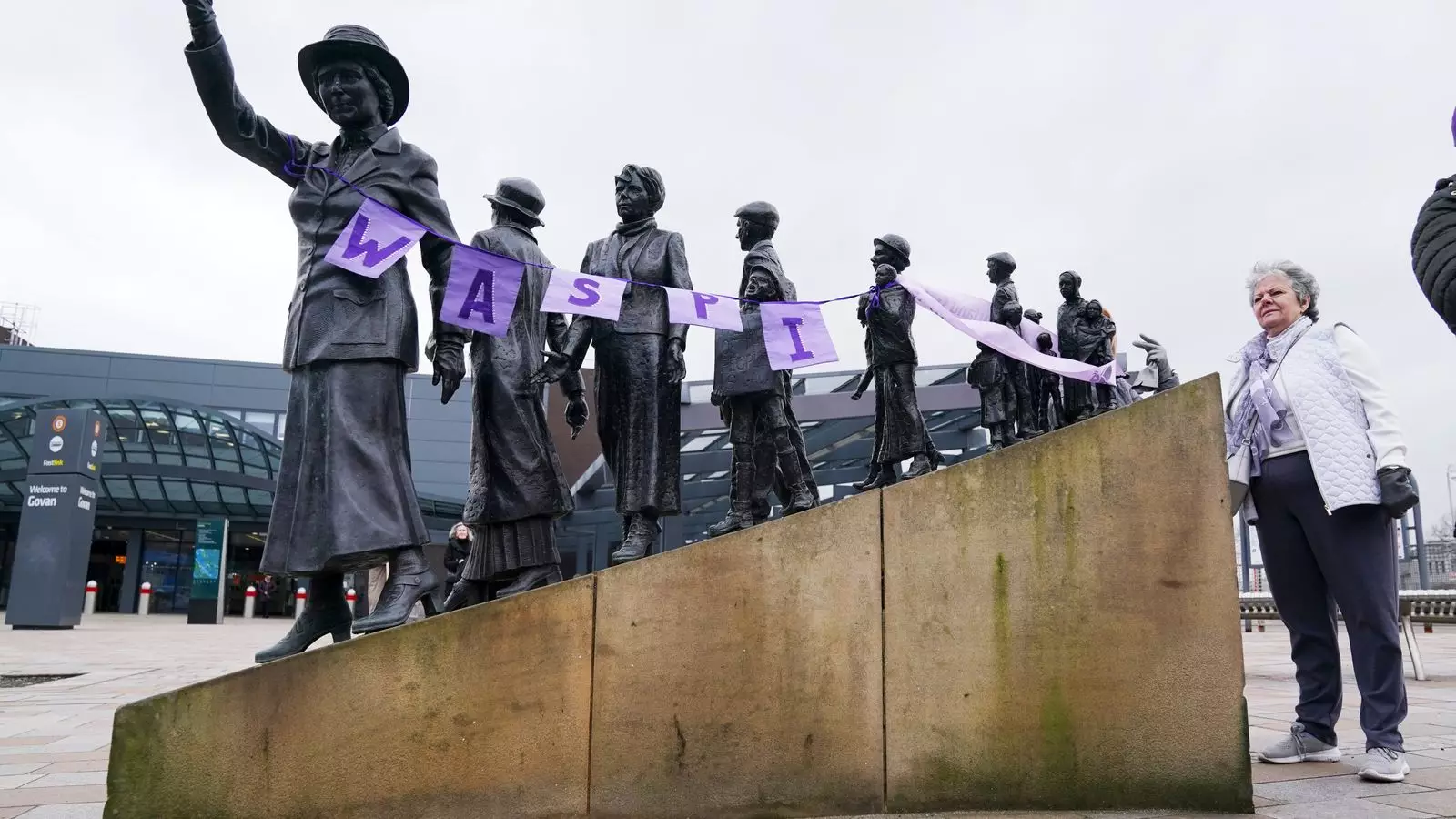The recent report on the impact of changes to the retirement age for women born in the 1950s has revealed significant failings on the part of the Department for Work and Pensions (DWP). The Parliamentary and Health Service Ombudsman found that the government’s failure to inform these women adequately about the changes has led to adverse impacts on thousands of individuals. Despite the findings of the ombudsman, the DWP has not taken responsibility for its failings or offered compensation to those affected. This lack of acknowledgment and action from the government is unacceptable and calls for immediate intervention from parliament.
The Chief Executive of the PHSO, Rebecca Hilsenrath, has emphasized the need for parliament to hold the DWP accountable for its actions. The ombudsman’s findings clearly indicate that compensation is owed to the women affected by the changes to the retirement age. However, the DWP’s refusal to comply with these findings signals a disregard for the well-being of these individuals. It is essential for parliament to act swiftly and establish a compensation scheme to provide these women with the remedy they deserve.
The Women Against State Pension Inequality (WASPI) group has been advocating for justice for the women who have suffered financially due to the lack of adequate warning about the changes to their retirement age. The ombudsman’s report highlights the necessity of compensating these women for the losses they have incurred. While the report suggests a range of compensation, it is crucial for the government to consider granting higher levels of compensation to address the significant financial burden faced by these individuals.
The decision to align the state pension age for men and women was aimed at promoting gender equality in retirement. However, the manner in which this change was implemented has raised serious concerns about the lack of information provided to women. The accelerated shift in retirement age brought forward by the coalition government in 2011 has left many women unprepared and financially vulnerable. The failure of the DWP to communicate these changes effectively has undermined women’s ability to make informed decisions about their financial future.
The women affected by the changes to the retirement age have faced significant challenges and financial losses as a result of inadequate information and planning. The call for compensation is not only a matter of financial restitution but also a question of justice and accountability. It is imperative for the government, regardless of the outcome of the next election, to act swiftly and ensure that these women are provided with the support they need to recover from the impact of the changes to their retirement age. Failure to address this issue promptly will only perpetuate the injustice and financial hardship faced by these individuals.


Leave a Reply